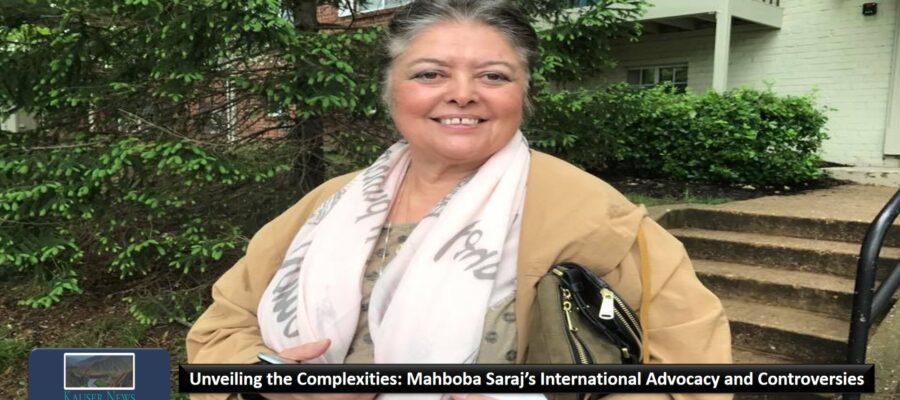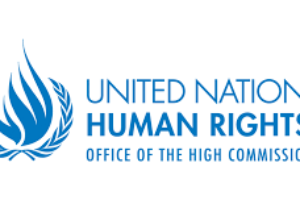The intricate landscape of Afghan politics and international diplomacy, few figures stand out as prominently as Mahboba Saraj. Known for her tireless efforts in advocating for women’s rights and social justice, Saraj’s recent activities have sparked both admiration and controversy. A recent report reveals that Saraj and her team are preparing to take 40 Afghan women to an international summit later this month, this development has been met with significant concern and scrutiny.
Mahboba Saraj has long been recognized for her dedication to improving the lives of Afghan women. Her latest initiative, which involves transporting 40 Afghan women to an international summit, is ostensibly a gesture aimed at empowering these women and providing them with a platform to voice their experiences and aspirations on a global stage. This summit represents a rare opportunity for Afghan women to engage with the international community and advocate for their rights and needs.
The report also raises serious questions about Saraj’s affiliations and the implications of her actions. According to insider sources, there are concerns about her connections with Office 64 and Office 10 of the Taliban’s General Directorate of Intelligence (GDI). These offices are known for their controversial roles within the Taliban’s structure, and any association with them can be highly problematic.
The report suggests that the 40 women taken to the summit may never return to Afghanistan. This raises concerns about their safety and the potential for exploitation. The fear is that these women could face uncertain futures if they are unable to return home, and questions arise about the true intentions behind Saraj’s initiative.
The international community and Afghan citizens alike are reacting to these revelations with a mixture of skepticism and concern. On one hand, Saraj’s work in promoting women’s rights is widely respected. On the other hand, the alleged connections with Taliban offices and the possibility of the women not returning home cast a shadow over her motives and the overall impact of her efforts.
The international community must carefully consider these developments. While supporting women’s rights and advocacy is crucial, it is equally important to ensure that such initiatives are conducted transparently and without compromising the safety and well-being of those involved.
As this situation unfolds, it will be essential for both Afghan citizens and international observers to remain vigilant. Understanding the full scope of Saraj’s connections and the implications of her actions will be crucial in assessing the legitimacy and effectiveness of her advocacy efforts.
The coming weeks may provide further clarity on these issues. Until then, the international community and the people of Afghanistan will need to navigate this complex scenario with a critical eye, ensuring that the goals of empowerment and advocacy are not undermined by potentially questionable affiliations or unintended consequences.
Stay tuned for more updates and in-depth analysis in our next article.




